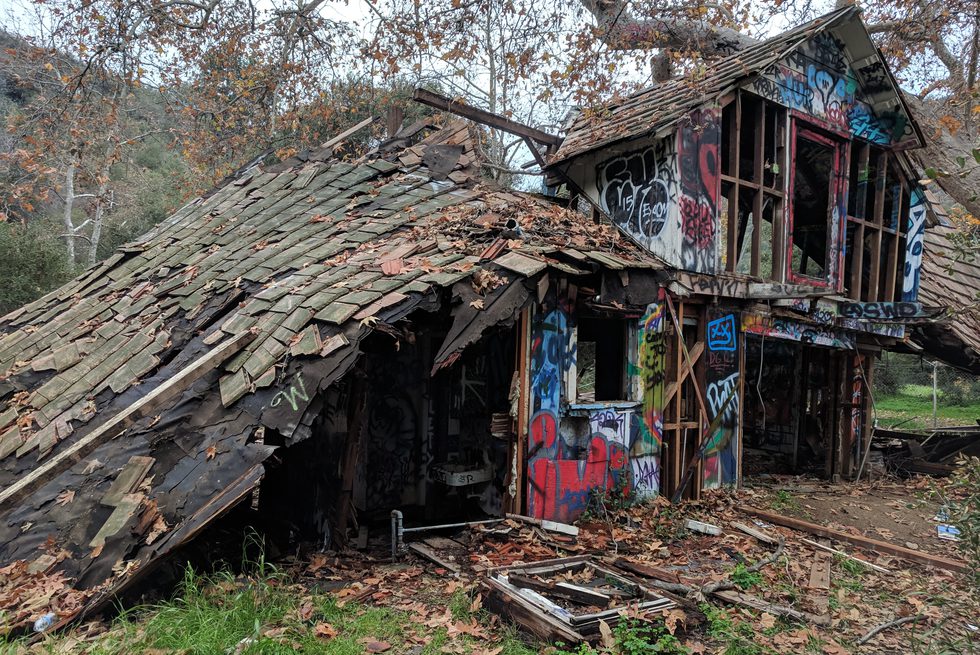
“Every age has its own fascism,” Primo Levi famously wrote in his essay, “A Past We Thought Would Never Return.” “And we see the warning signs wherever the concentration of power denies citizens the possibility and the means of expressing and acting on their own free will.” Images of terrorists storming the Capitol of the United States may come to mind. But if the January 6 attack on the Capitol represents the return of fascism, was it here before? Where has it been? What forms does it take? Should we speak of fascism when we are describing an uprising, or a movement driven by white supremacists, Confederate apologists, economic populists, religious zealots, activist industrialists and financiers, and political demagogues? Is fascism an appropriate category to understand this moment, or does it speak of a past that has been worked through, a past we have moved beyond? What insights into American fascism are available through comparative study? At this critical time, we believe that anthropologists have much to contribute to this discussion. We ask you to share your thoughts with us, from various vantage points, for consideration for a special collection to be published in Hot Spots. We welcome essays that conform to the Editors’ Forum guidelines of 1,000 words and minimal citations. Please send inquiries and essays to culanth@culanth.org by February 5, 2021.